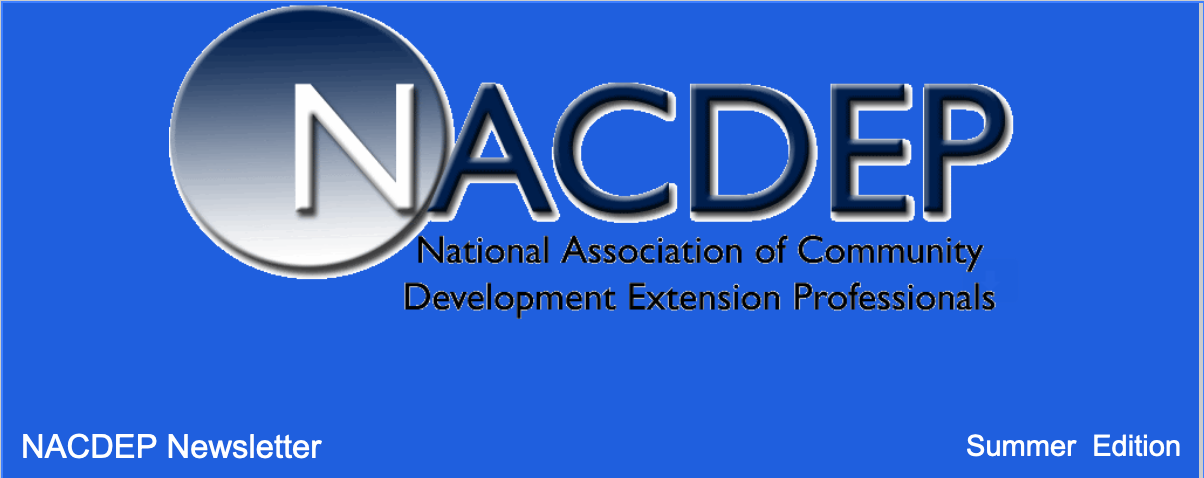
Extension Engaging GNAR(ly) Problem
Submitted by Jake Powell
Extension Specialist - Landscape Architecture and Environmental Planning - USU
Gateway communities throughout the Intermountain West are facing a number of unprecedented challenges related to the COVID-19 pandemic. Gateway communities and the landscapes that surround them are regional, national, and international destinations with economies are often fueled by visitors. Efforts to contain the COVID-19 pandemic, such as closing national parks and restricting travel have disproportionality affected gateway communities. These communities are struggling to balance their tourismbased economies with the potential public health threats that come with welcoming back visitors.
In the first several weeks after the virus reached the intermountain region amenity-rich, gateway communities were some of the initial hot spots for the COVID-19 pandemic and first to implement strategies to mitigate its impact and spread. However, potential carriers of the COVID-19 virus continued to arrive from international and domestic destinations until travel restrictions were put in place. Furthermore, a wave of second homeowners looking to escape other impacted areas further threatened these local communities. These rural communities generally lack the appropriate medical supplies, staff, and support resources to test for and treat a large-scale infectious disease.
In addition, these communities often lacked information, data, staffing, and planning mechanisms needed to proactively respond at a community scale to the rapidly developing human health and economic crisis immediately occurring in their community.
The unique nature of the economic, health, and governance situations faced by gateway communities provided Utah State University Extension's new Gateway and Natural Amenity Region (GNAR) Initiative increased relevance and focus.
The Gateway Natural Amenity Region (GNAR) Initiative is an interdisciplinary team of university Extension staff and researchers, planners, state and federal organization staff, and NGO's dedicated to addressing the challenges specific to gateway communities. The GNAR Initiative team conducts research, educates, and builds the capacity of community planners and natural resource managers in gateway regions throughout Utah and the Intermountain West. The GNAR Initiative is housed within USU Extension's Institute of Outdoor Recreation and Tourism at Utah State University, the western United States most active outdoor recreation research program.
The effects of the COVID-19 pandemic on gateway communities spurred the GNAR Initiative to develop a series of responses focused on bringing communities together to listen to, better understand and then address challenges and share opportunities. The GNAR Initiative created a peer-to-peer information and resource sharing network to identify and address the unique challenges being faced by gateway communities throughout Utah and the Intermountain West.
The 'GNAR Community Response Network' provides a forum where elected officials, city and county planners, economic development specialists, local tourism department staff, land management agency staff, and non-profit organizations unite, share ideas, and identify immediate/high-priority needs and resources. The goal is to help them make more informed decisions as they respond to the spread of COVID-19 and mitigate its impact on the well-being of their residents and their local economies.
The GNAR Network workshops are a combination of both an open-forum, where Network participants can share their experiences, and facilitated discussions focused on specific (immediate/high-priority needs). The virtual workshops are recorded and made publicly available on the GNAR Initiative website (www.gnar.usu.edu). Key discussion points, resources, and relevant research and responses discussed during the workshops will also be shared on the website.
The COVID-19 pandemic has exposed the vulnerabilities of many western gateway communities. While the GNAR Initiative is working to focus on the pressing needs of the COVID-19 crisis in gateway communities the larger intent of the initiative remains, to gather, develop and share research, collaboration, and communication resources that builds more resilient GNAR communities now and into the future.

